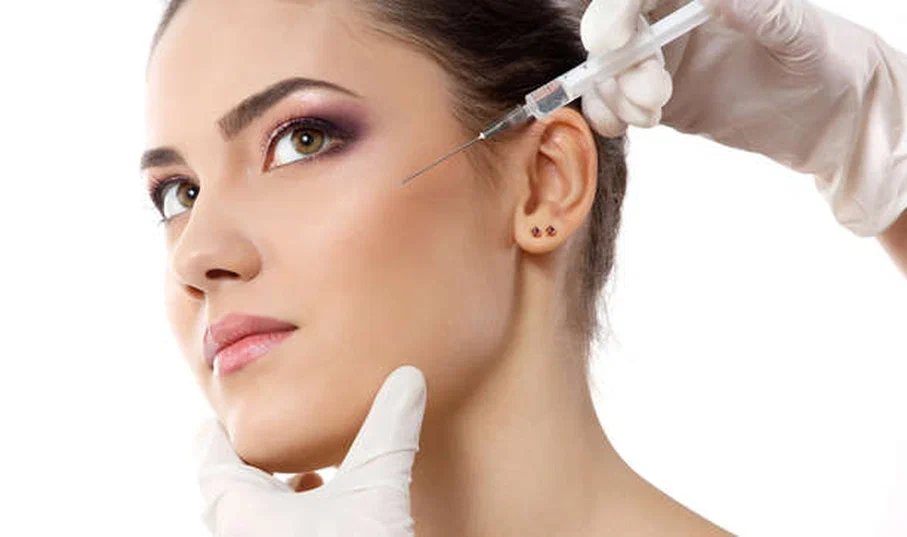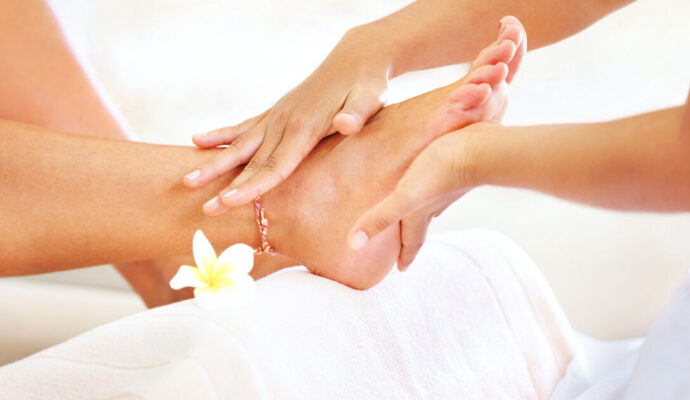Bruxism is the term used by dentists to describe the condition that you have if you often grind your teeth. Being unable to control this behavior can be very annoying, and it could even be hurting your mouth, making your gums sensitive, or breaking your teeth. If you’ve already tried more traditional ways to stop this behavior and weren’t happy with the results, you might be surprised to learn that Botox can help stop people from grinding their teeth.
What Causes Bruxism?
Bruxism may also be caused by a natural tendency, worry and anxiety, an odd bite, or teeth that are missing or twisted. The way some drugs, like coffee, make you feel may also play a part. When kids have colds, ear infections, allergies, or other health problems that hurt or make them feel bad, the condition may start to show up.
Online casinos are exciting places to have fun. Botox softens the muscles in the jaw, which stops clenching and the pain that comes with it. Playing games at NetBet blackjack is a unique way to relax, and Botox is a unique way to treat bruxism.
What Does Botox Do To Help With Bruxism?
People get Botox for a number of medical and ornamental reasons. When nerves send a chemical that makes muscles tighten, botulinum toxin stops it from doing its job. In the case of bruxism, injecting the muscles that make you clench your mouth will stop you from doing it while you sleep.
Botox shots aren’t just used to smooth out wrinkles like some people think. They’re also used to treat a wide range of medical conditions. Researchers have found that Botox can help reduce bruxism and improve the quality of your sleep, sometimes just a few days after the treatment.
Why Should You Get Botox To Stop Grinding Your Teeth?
Injections of Botox, which were once only used for cosmetic reasons, are now being used in medicine, too. Botox is a non-surgical, slightly invasive way to treat bruxism. It works by relaxing the muscles, which is what causes people to grind their teeth. Simply put, a lot of people don’t want to deal with the hassle of having a mouth guard. Here are some reasons why you should get Botox:
- It is not invasive and doesn’t require any downtime, so it doesn’t get in the way of your daily life.
- It is not painful. Patients who say they feel pain may find that Botox was easier on their bodies than they thought it would be.
- Botox is thought to be the best treatment for teeth grinding, and it takes less than 30 minutes to be done.
What to Expect When You Get Botox for Bruxism?
First, your dentist will figure out which muscle groups are causing you to grind your teeth. One usual cause is the masseter muscle, which gets bigger when you clench your teeth. The muscle temporalis, which helps close the jaw, may also be involved.
Your dentist will use a small needle to give you Botox shots once they find the right spots. You might feel a little pinch, but it’s usually not too painful. Some people say it feels like being stung by a bug. Also, the process is quick; it usually only takes 10 to 30 minutes.
Conclusion
Managing bruxism, or teeth grinding, has become easier with Botox, which doesn’t hurt. Botox shots can help lower muscle activity by focusing on the excessive masseter muscles that cause grinding and clenching. This can ease the pain and stress that comes with these muscles. This can help with jaw pain, headaches, and earaches, and it can also keep your teeth from getting damaged over.




More Stories
Professional Pedicure in London: Treat Your Feet the Right Way
Why Dentists are Recommending Botox for Teeth Grinding Problems
Sunekos Treatment: The Non-Surgical Solution for Youthful Skin